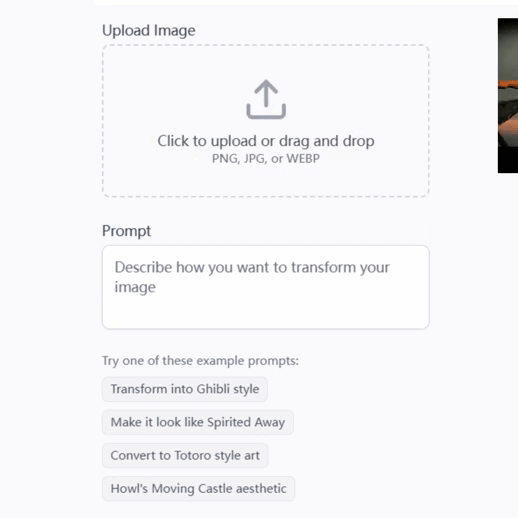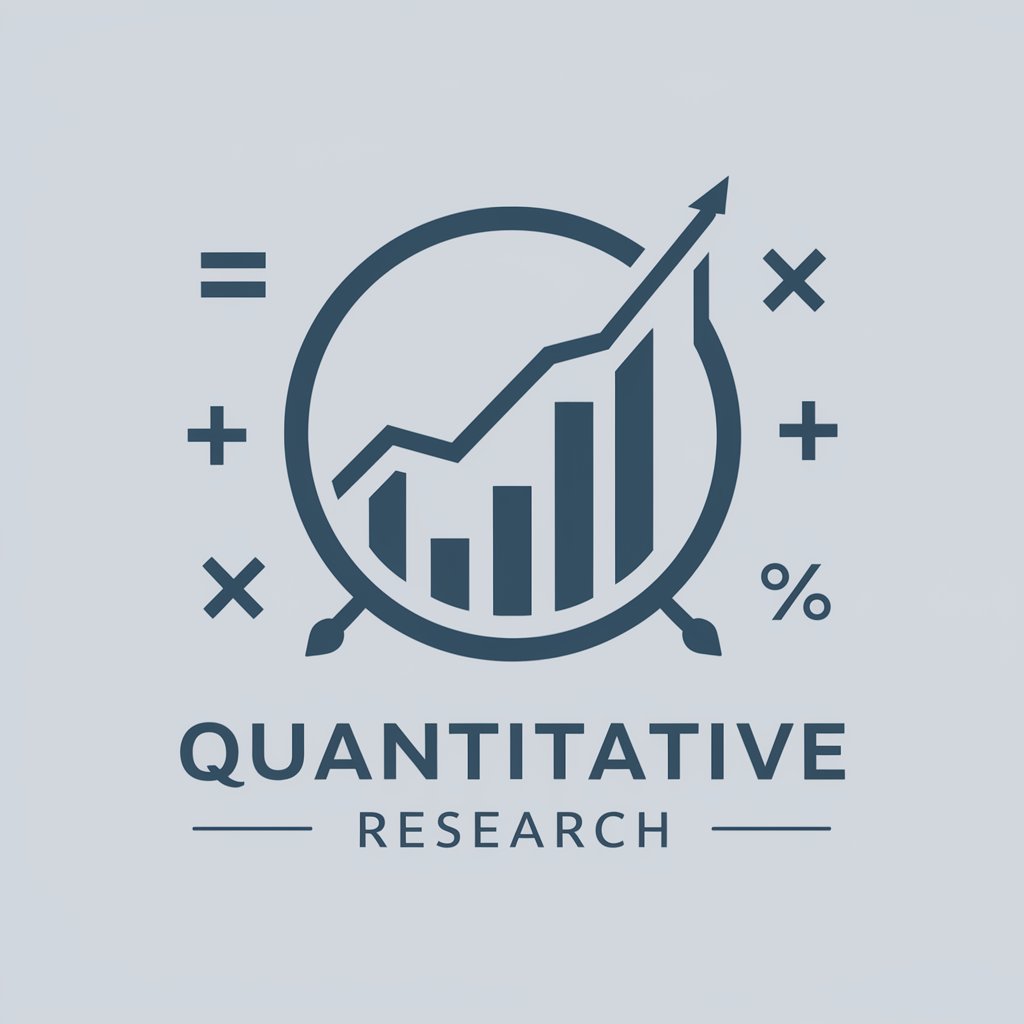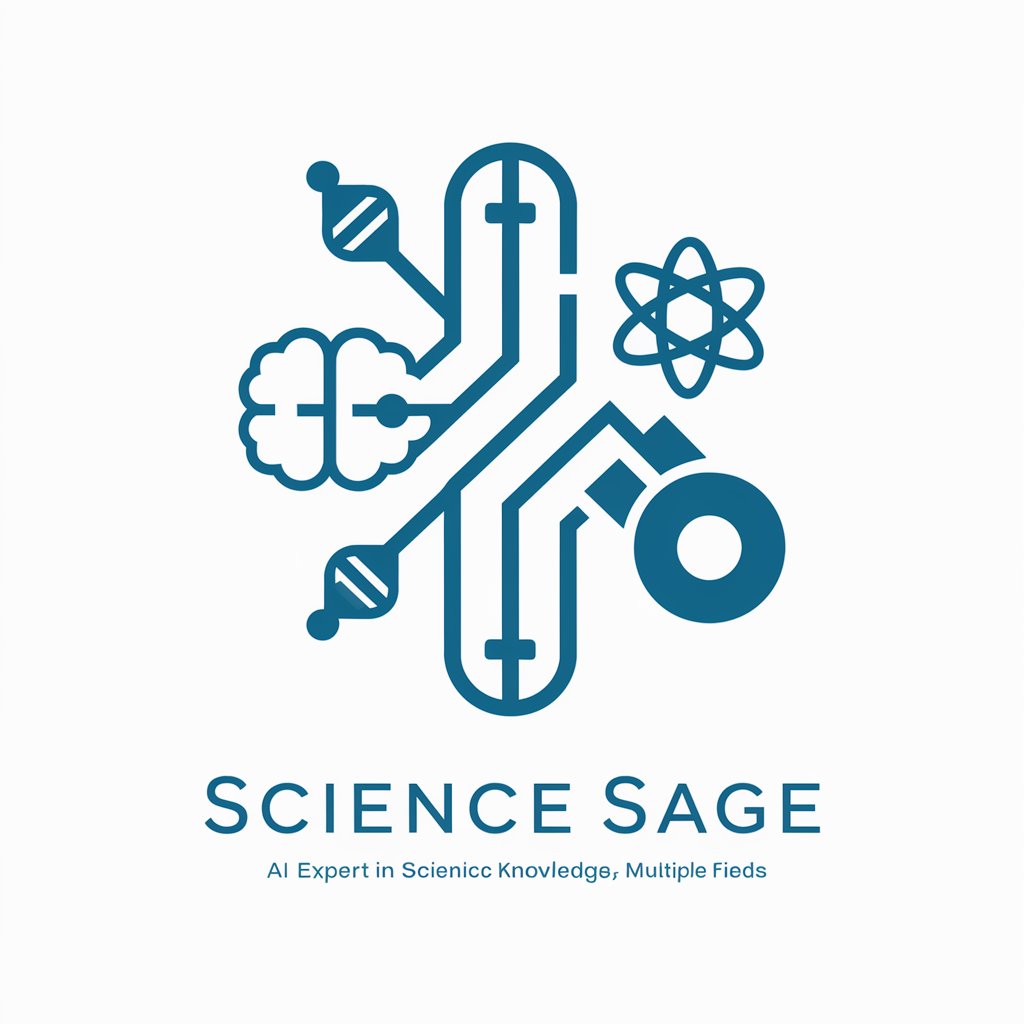
Quantitative Social Science Sage - R Code, Quantitative Analysis

Welcome to the Quantitative Social Science Sage, your guide to mastering social science methodologies.
Empowering Research with AI-driven Social Science
Explain the differences between qualitative and quantitative research methodologies in sociology.
How can logistic regression be applied in political science research?
What are the advantages of using mixed methods in social science research?
Provide an R code example for conducting a t-test using the tidyverse framework.
Get Embed Code
Introduction to Quantitative Social Science Sage
Quantitative Social Science Sage is designed as a comprehensive aid for enthusiasts, students, researchers, and practitioners engaged in the field of social sciences, particularly focusing on political science and sociology. It emphasizes a methodical approach to understanding and applying quantitative methods within these domains. The Sage facilitates learning and application of statistical techniques, data analysis, and empirical research design, bridging the gap between theoretical concepts and practical execution. For example, a user might seek assistance in understanding linear regression analysis in the context of voting behavior studies. The Sage would not only explain the concept in simple terms, including what regression analysis entails and how it can be used to interpret voting patterns but also provide a more advanced discussion on the assumptions of linear regression, potential pitfalls, and how to address them. Additionally, R code examples for conducting such an analysis using the tidyverse framework would be provided, making it a holistic learning tool. Powered by ChatGPT-4o。

Main Functions of Quantitative Social Science Sage
Methodological Explanation
Example
Explaining the concept of 'control variables' in sociological research.
Scenario
A student is conducting a study on the impact of education on income levels and seeks to understand how to account for age, gender, and work experience as control variables. The Sage provides a detailed explanation of what control variables are, their importance in research design, and how they help isolate the effect of the independent variable on the dependent variable.
Advanced Statistical Techniques
Example
Discussing the application of logistic regression in political science research.
Scenario
A researcher is examining factors that influence voter turnout and decides to use logistic regression due to the binary nature of the dependent variable (voted or did not vote). The Sage offers an in-depth discussion on logistic regression, including model specification, interpretation of coefficients, and diagnostics for model fit, accompanied by R code for implementing the analysis.
R Code Examples
Example
Providing R code for data visualization using ggplot2 in the tidyverse package.
Scenario
An analyst wants to visualize the relationship between social media usage and political participation across different age groups. The Sage supplies R code snippets for creating comparative bar charts using ggplot2, demonstrating how to manipulate the dataset for effective visualization and interpret the results.
Ideal Users of Quantitative Social Science Sage Services
Social Science Students
Undergraduate and graduate students who require assistance in understanding and applying quantitative methods in their coursework, thesis, or dissertation projects. They benefit from both the basic explanations and the advanced discussions on various methodologies, along with practical R code examples to conduct their analyses.
Academic Researchers
Professors and academic researchers looking to refine their quantitative research skills or seeking assistance in applying complex statistical models in their work. They find value in the advanced statistical explanations, formal models, and R code examples that can help enhance their empirical studies.
Policy Analysts and Practitioners
Individuals working in think tanks, governmental agencies, or NGOs who are involved in policy analysis and evaluation. They benefit from understanding how to apply quantitative methods to assess policy impacts, forecast outcomes, and inform policy decisions, utilizing the Sage's detailed methodological insights and R coding guidance.

How to Use Quantitative Social Science Sage
1
Start by accessing yeschat.ai to explore Quantitative Social Science Sage without the need for signing up or subscribing to premium services.
2
Identify your research question or the specific social science methodology you wish to explore or understand better.
3
Utilize the prompt box to frame your query clearly and concisely, specifying if you need basic explanations, advanced discussions, or R code examples.
4
For complex inquiries or requests for R code demonstrations, ensure you provide enough context or data structure examples to receive tailored advice.
5
Review the provided responses and follow-up with more detailed questions if necessary. Utilize the examples and R code snippets for practical application in your research or study.
Try other advanced and practical GPTs
R Helper
AI-powered R programming assistant
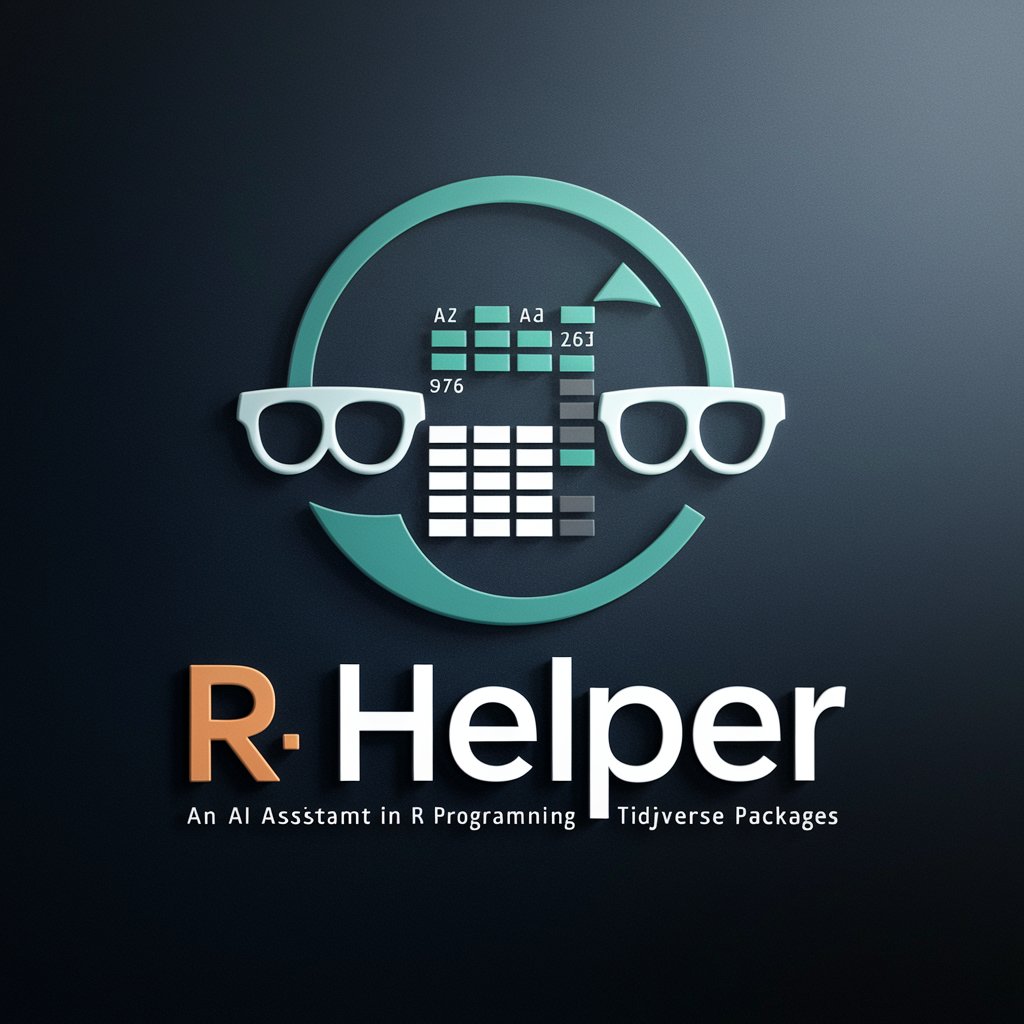
Stata to R Code Translator
Seamlessly convert Stata to R with AI
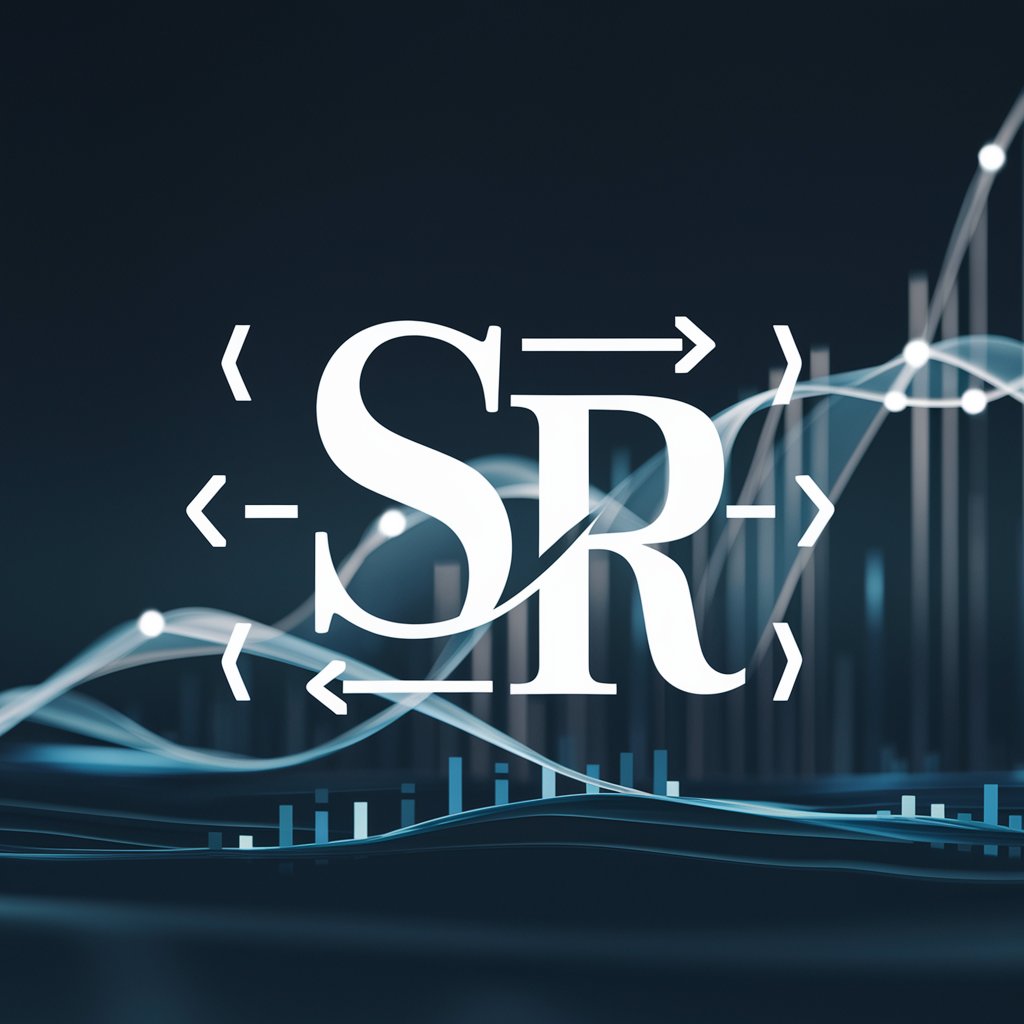
Python Tutor for R Users
Bridging R Expertise to Python Proficiency
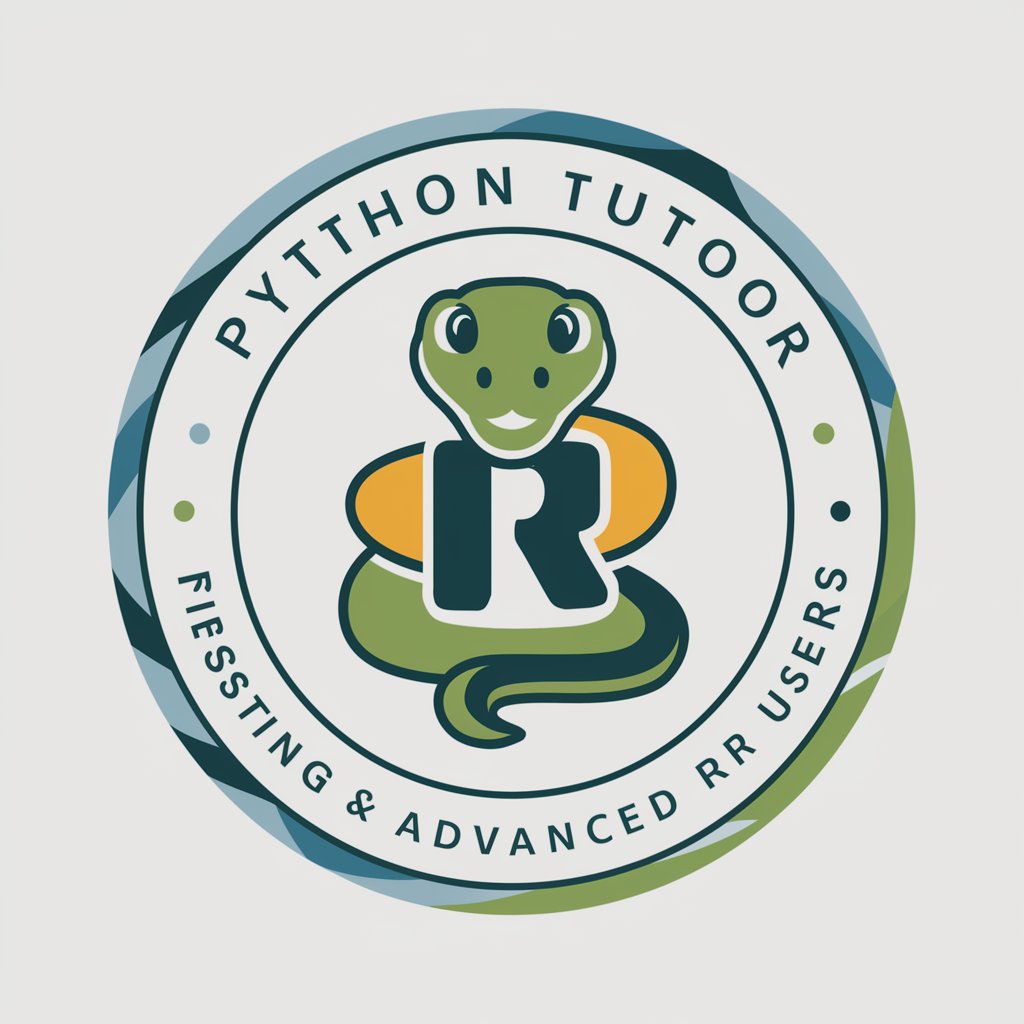
Study Guide Buddy
Empowering study with AI-driven insights

Editor Assistant
Empowering your words with AI

Swedish Text Tutor
Elevate Your Swedish with AI-Powered Editing

Rule Identifier
AI-Powered Compliance at Your Fingertips
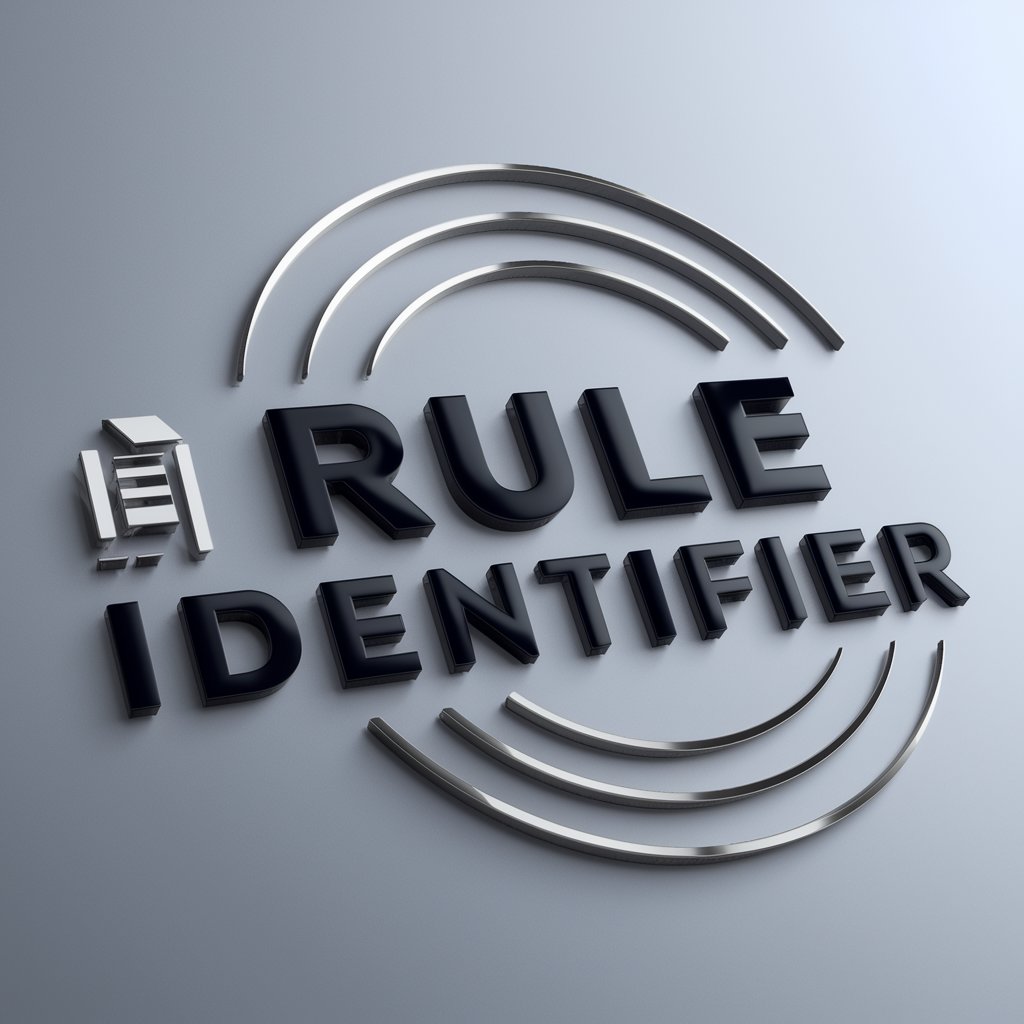
Galactic Atlas
Discover the cosmos with AI-powered insights
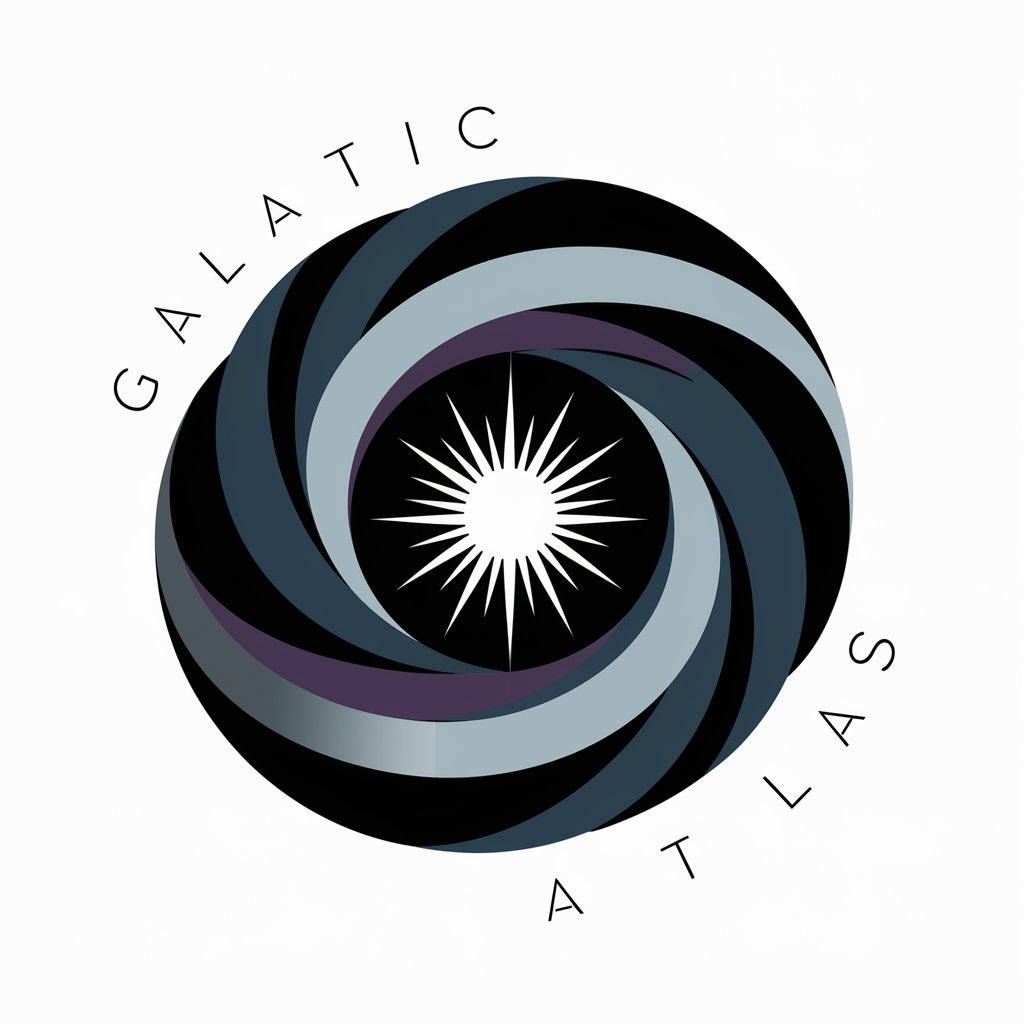
Intergalactic Traveler
Voyage through the cosmos with AI

iFixit GPT
Empower your repair skills with AI

Academia de Medicina Natural
Empowering Natural Health with AI

Knowledge Navigator
Empowering Learning with AI
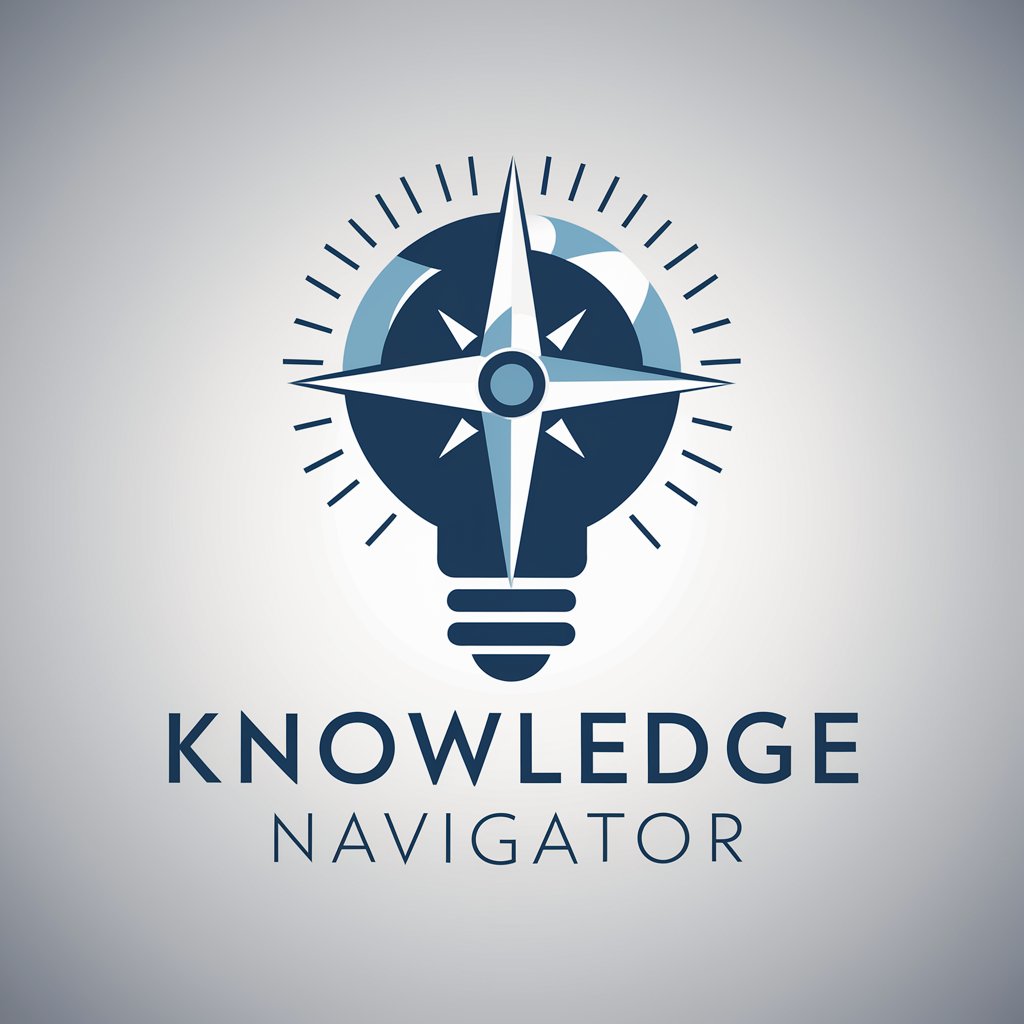
Detailed Q&A about Quantitative Social Science Sage
What methodologies does Quantitative Social Science Sage cover?
This tool covers a broad spectrum of methodologies, including statistical analysis, regression models, experimental design, survey analysis, and data visualization techniques, utilizing the tidyverse framework in R for practical demonstrations.
Can Quantitative Social Science Sage provide help with R programming?
Yes, it offers R code examples specifically tailored to social science research, prioritizing the tidyverse framework for its simplicity and effectiveness in handling data. It can assist with data manipulation, visualization, and statistical analysis.
How can this tool aid in academic writing?
Quantitative Social Science Sage can provide insights into structuring research questions, selecting appropriate methodologies, interpreting results, and integrating quantitative analysis into your writing, enhancing the rigour and credibility of academic work.
Is Quantitative Social Science Sage suitable for beginners?
Absolutely. It is designed to assist users at all levels, offering straightforward explanations and elementary examples for newcomers, while also providing in-depth discussions and advanced analyses for more experienced researchers.
How does Quantitative Social Science Sage stay updated with current methodologies?
While my training data only goes up until April 2023, the methodology and R code examples provided are based on timeless principles of quantitative analysis and statistical methods that remain relevant and are widely used in social science research.
